Business
NERC: No electricity customer should pay more than metered neigbours
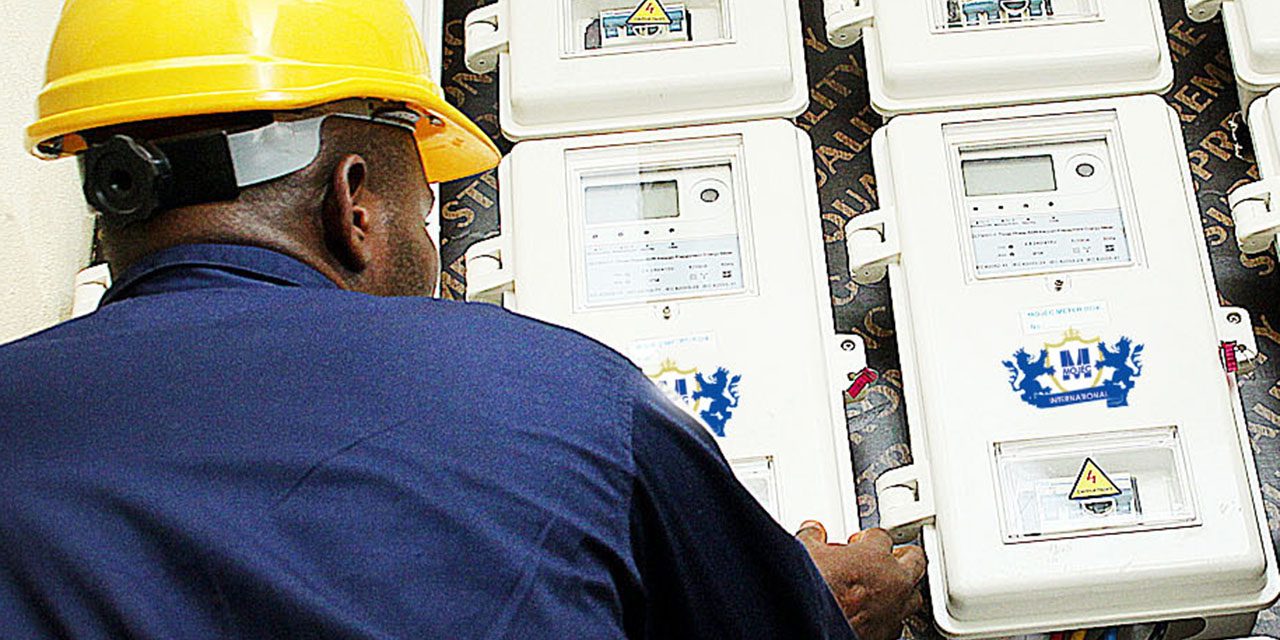
The Nigerian Electricity Regulatory Commission (NERC) says the Federal Government introduced the capping in the estimated billing for unmetered customers to ensure uniformity with their metered counterparts.
Commissioner in charge of Legal, Licensing and Compliance, Mr Dafe Akpeneye, said this at a web conference organised by PricewaterhouseCoopers (PwC), adding that the development was temporary because no customer should pay more than their metered neighbours in the same vicinity and under a similar classification.
He also said that since the Discos failed in their responsibility to meter customers, the only option was to resort to estimation.
He said, “The issue of estimated billing came about as a bridge to manage the interests of the utilities’ interest of providing power and the customers’ interest of paying for power.
“Under an ideal situation, the meter is an assurance that the utility should get paid for what it delivers and the customer pays for what he consumes. But we have found ourselves in a situation whereby when the assets were handed over, metering wasn’t a priority when the utilities were owned by the Federal Government.
“And if you look at the Nigerian demographics, with the way the population is expanding, rapid urbanisation with new connections coming to the grid, the metering of these customers has become a problem.
“One of the key requirements is for the Discos to bridge the metering gap because the problem we had to deal with was because of their inability to do that on time. We had to balance the fact that customers receive power without meter and devise a way to make sure customers have electricity without having a meter.
“Therefore, the estimated billing methodology was introduced . But that was supposed to be temporary, certain things were not done. So, estimated billing became the number one consumer complaint in the industry.”
The NERC stated that exiting the estimated billing regime is impossible for now, adding that since it is not practicable to meter everyone at once, the practice will continue for a while until the issues are resolved.
“Because we realised that meters can’t be rolled out for everyone, something had to be done to balance it out. Some measure of fair estimation had to be put in place.
“The commission developed the capping order. What this seeks to try to create is parity between metered customers and unmetered customers. So, we have someone who lives in a duplex in a certain part of town who is unmetered and we created a scenario whereby one who is unmetered does not pay more than the metered, so that they both pay almost the same thing,” he added.
In his intervention, the Director General, Bureau of Public Enterprises (BPE), Mr Alex Okoh, said the privatisation of the power sector in Nigeria remains the most ambitious of its type in Africa.
According to him, though the sector is not where it should be because of lack of investments, it has improved since it was handed over to private individuals to manage.
He said, “South Africa has 4,904 kwh per capita while Nigeria has 300kwh per capita. Now for the biggest economy in Africa, that says a lot.
“This sort of challenges prompted the bold decision to reform the power sector. So, in 2005, ESPRA was enacted and essentially was geared towards breaking the monopoly of NEPA.
“It was also to make the sector attractive. That particular action led to the unbundling to Gencos, TCN and Discos. Prior to this , electricity was generally poor. We are talking 1,500mw across the value chain.
“Post-privatisation, we have seen significant improvement and impact of privatisation of the power sector. We are just 10 years.
“There are interventions that are currently going on to correct some of the shortcomings of the privatisation exercise. Let’s not also forget that the power sector privatisation in Nigeria is perhaps the biggest privatisation programme in the continent of Africa.
“Were we rather overambitious in this privatisation. I don’t think so. Could we have taken a modulated approach to it? Maybe. But I think the decision was bold to address the lack of investment in the sector.”
In his remarks, former Minister of Power, Prof. Barth Nnaji, said government must strive to draw private sector investment to ensure sustainable supply of power.
He stated that with the right environment, the Discos can conveniently pay for power, as was shown by Eko and a few others at a point, adding that the bulk trading arrangement should be jettisoned once the Discos become credit worthy.
Business
TCAN Targets Logistics Reforms to Drive Economic Growth at 2026 Transport Summit
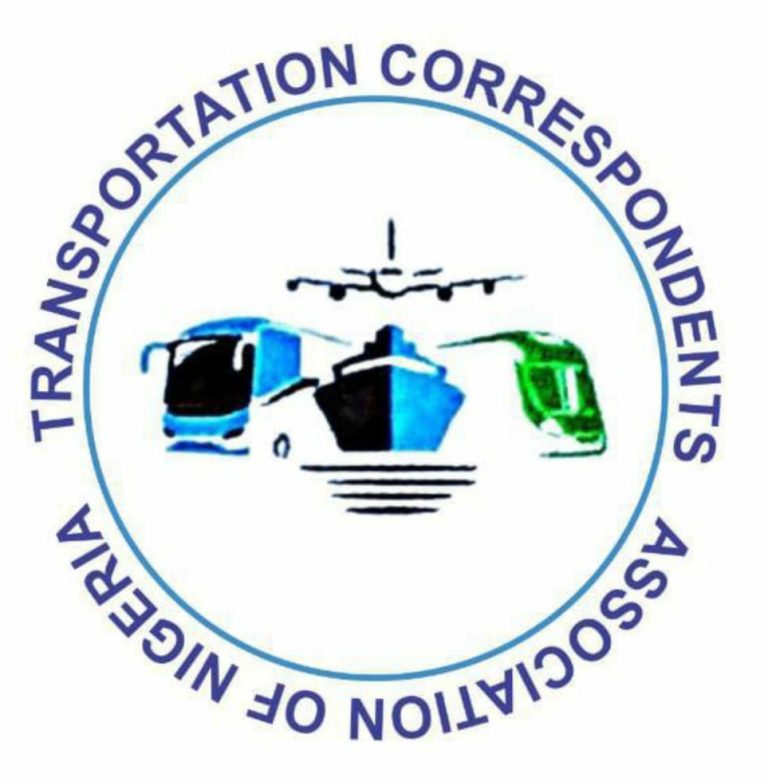
TCAN Targets Logistics Reforms to Drive Economic Growth at 2026 Transport Summit
The Transportation Correspondents Association of Nigeria (TCAN) has begun preparations for its 2026 Annual Transport Summit, placing Nigeria’s logistics value chain at the centre of national economic discourse.
Scheduled for September 2026 in Lagos, the summit will be held under the theme, “Unlocking Economic Growth Through Transportation Logistics.”
It is expected to draw major stakeholders across the aviation, maritime, rail and road transport sectors, alongside logistics service providers, policymakers, regulators, development partners and financial institutions.
In a statement, TCAN said the summit would critically examine how efficient transportation logistics can serve as a catalyst for sustainable economic growth, trade facilitation, job creation and regional integration, especially in the context of ongoing reforms and infrastructure investments within the sector.
Chairman of TCAN, Tola Adenubi, described transportation logistics as the backbone of economic development, stressing that the performance of Nigeria’s logistics ecosystem directly impacts the nation’s competitiveness.
“From cargo handling at airports and seaports to inland freight movement and last-mile delivery systems, the efficiency of Nigeria’s logistics architecture plays a decisive role in determining the competitiveness of the nation’s economy,” Adenubi said.
He noted that the 2026 summit would explore innovative strategies to strengthen the sector, including digital transformation, infrastructure financing models, public-private partnerships and regulatory reforms aimed at optimising performance.
Chairman of the 2026 Conference Committee, Suleiman Idris, said the summit would feature high-level panel discussions, keynote addresses and interactive sessions designed to assess the current state of Nigeria’s transportation logistics framework.
According to him, deliberations will focus on identifying bottlenecks hindering seamless cargo and passenger movement, examining the impact of multimodal transport integration on economic expansion, and highlighting investment opportunities within the logistics and supply chain ecosystem.
Idris added that experts at the summit would also provide policy recommendations targeted at enhancing operational efficiency and boosting Nigeria’s global competitiveness in trade and transportation.
As part of the programme, TCAN will confer its Champions of Transport Industry Development (COTID) certificates on selected government agencies and private operators that have made significant contributions to the advancement of Nigeria’s transportation sector.
Over the years, the TCAN Annual Transport Summit has evolved into a credible platform for constructive engagement between regulators, operators and other industry stakeholders.
The association said the 2026 edition aims to deepen policy conversations, promote transparency and accountability, and accelerate reforms capable of unlocking the full economic potential of Nigeria’s transport and logistics industry.
With logistics increasingly recognised as a key enabler of economic growth, industry observers expect the 2026 summit to set the tone for fresh strategies that could reshape Nigeria’s transportation landscape in the years ahead.
Business
Petrol Jumps to ₦937 in Lagos, ₦975 in Abuja Amid Middle East Oil Crisis

Petrol Jumps to ₦937 in Lagos, ₦975 in Abuja Amid Middle East Oil Crisis
Nigeria’s fuel market is under renewed strain as escalating tensions in the Middle East push global crude oil prices above $80 per barrel, driving domestic petrol prices toward the ₦1,000 per litre mark. Motorists across the country, from Lagos to Abuja, have woken to sharp increases at filling stations, with pump prices rising almost overnight.
In Lagos, several outlets raised the price of Premium Motor Spirit (PMS) from ₦830–₦835 per litre to ₦937, while in the Federal Capital Territory, major retailers including NNPC Limited and MRS Oil Nigeria Plc increased prices from ₦875 to ₦975 per litre. Independent marketers were dispensing fuel at about ₦960 per litre, reflecting the immediate effects of rising international oil prices.
The surge followed a fresh upward review in the ex-depot price by Dangote Petroleum Refinery & Petrochemicals, which moved its gantry price from ₦774 to approximately ₦874–₦875 per litre. Industry insiders linked the hike to rising replacement costs and the ongoing surge in crude prices. A senior refinery official confirmed that petrol loading operations were temporarily suspended earlier in the week, further tightening supply expectations and accelerating retail price adjustments.
READ ALSO:
- US Military Says It Has Struck Nearly 2,000 Targets in Iran as War Escalates
- FG Bans Roadblocks, Cash Tax Collection Nationwide
- Trade Row Looms as Trump Threatens Spain After Refusal to Support Iran Strikes
The Middle East conflict, particularly involving the United States, Israel, and Iran, has heightened fears of disruption around the Strait of Hormuz, a strategic maritime route responsible for nearly one-fifth of global crude supply. Analysts warn that prolonged instability in the corridor could push global oil prices to $100 per barrel or higher, with direct consequences for Nigeria’s cost-reflective petrol pricing system.
The Petroleum Products Retail Outlets Owners Association of Nigeria (PETROAN) described the situation as worrisome, noting that rising crude prices inevitably feed into domestic pump prices, given the current deregulated pricing regime. PETROAN’s National President, Mr Billy Gillis-Harry, emphasized the urgent need to strengthen Nigeria’s domestic refining capacity as a protective buffer. The association also called for consistent crude supply to local refineries and accelerated rehabilitation of the country’s four state-owned refineries to cushion the economy against external shocks.
For Nigerians, the impact has been immediate. Commercial drivers and commuters report that rising fuel costs are forcing them to adjust transport fares, adding pressure to household budgets. “I bought fuel yesterday at ₦875, and this morning it is ₦975. Every increase affects us directly. If we don’t raise fares, we run at a loss,” said Mr. Chinedu Okeke, a driver in Abuja.
Commuters fear the ripple effect of higher petrol costs on everyday goods. “If fuel is almost ₦1,000 per litre, it means fares and prices of essentials will rise. Things are becoming unbearable,” said Mrs. Aisha Ladan, a civil servant in the capital city. Analysts warn that increased transport costs could widen inflationary pressures, as businesses pass on higher operational expenses to consumers.
The psychological impact of petrol nearing the four-digit mark is also significant. For many Nigerians, it represents another milestone in a period already marked by subsidy removal, currency volatility, and persistent price adjustments. Unless global energy markets stabilize or domestic refining capacity is expanded, petrol prices in Nigeria may soon cross ₦1,000 per litre, with broad implications for the economy.
Petrol Jumps to ₦937 in Lagos, ₦975 in Abuja Amid Middle East Oil Crisis
Business
FG Bans Roadblocks, Cash Tax Collection Nationwide

FG Bans Roadblocks, Cash Tax Collection Nationwide
The Federal Government of Nigeria has officially banned the mounting of roadblocks and the collection of taxes in cash nationwide, in a decisive move to modernise the country’s tax system, enhance transparency, and streamline revenue collection across federal, state, and local governments.
The announcement was made in Abuja by Mr Olusegun Adesokan, Executive Secretary of the Joint Revenue Board, during the signing of the Presumptive Tax Regulations and Implementation Guidelines. Adesokan said the new rules are designed to eliminate informal, coercive, and fragmented tax practices, particularly in the informal sector, and promote fairness and equity in tax administration.
“All forms of cash tax collection by authorities are now prohibited, alongside the use of roadblocks for revenue enforcement,” Adesokan explained, stressing that these reforms signal a nationwide shift toward technology-driven tax collection systems.
READ ALSO:
- Trade Row Looms as Trump Threatens Spain After Refusal to Support Iran Strikes
- UK, France Deploy Warships, Anti‑Drone Helicopters to Cyprus After RAF Akrotiri Strike
- NRC Expands Abuja–Kaduna Train Service with Additional Trips
Under the regulations, nano and small businesses with an annual turnover of ₦12 million or less are exempt from taxation, while other informal businesses are subject to a 1% tax on turnover. The reforms encourage the use of digital payments and the integration of operators into the formal economy through a Tax Identification Number (TIN) platform, ensuring uniform tax administration across states.
The Minister of Finance and Coordinating Minister of the Economy, Wale Edun, described the move as a shift from legislative approval of Nigeria’s 2025–2026 tax reforms to full implementation. Edun emphasised that the framework does not raise tax rates but broadens the tax base, prevents arbitrary assessments, protects small businesses, and supports economic growth.
Mr Joseph Tegbe, Chairman of the National Tax Policy Implementation Committee, said the reforms aim to restore order and replace arbitrary practices with transparency. He highlighted that the informal sector employs over 80% of Nigeria’s workforce, yet its contribution to structured public revenue remains low. The guidelines are intended to encourage compliance while strengthening revenue mobilisation for public services.
The ban on roadblocks, a longstanding method for informal tax enforcement, is expected to reduce harassment of traders and motorists, improve ease of doing business, and foster trust in government tax authorities. Observers say the shift to cashless, digital tax collection will curb corruption, enhance efficiency, and integrate informal operators into the formal economy.
FG Bans Roadblocks, Cash Tax Collection Nationwide
-

 International3 days ago
International3 days agoIran Retaliates: Gulf States Allied With US Hit by Missiles, Drones
-

 International3 days ago
International3 days agoSaudi Arabia Denies Lobbying US to Strike Iran as Gulf States Respond to Escalation
-

 International3 days ago
International3 days agoSeveral U.S. Warplanes Crash in Kuwait Amid Ongoing Iranian Strikes
-

 metro3 days ago
metro3 days agoDaddy Freeze Warns Couples Over 40: ‘Avoid Moving Abroad, Especially US, UK’
-
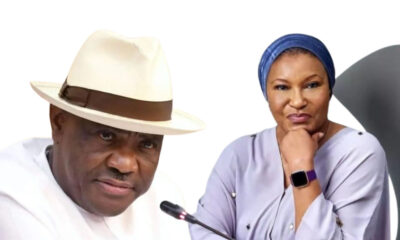
 Politics3 days ago
Politics3 days agoWike Blasts Kingibe Over FCT Council Election Remarks
-

 International3 days ago
International3 days agoIsraeli Airstrikes Kill 31 in Lebanon as Hezbollah Loses Senior Figures
-

 Health3 days ago
Health3 days agoNigeria to Receive Breakthrough HIV Prevention Drug This Month – NACA
-

 International3 days ago
International3 days agoAustin Bar Shooting Kills 3, FBI Investigates Possible Terrorism Link





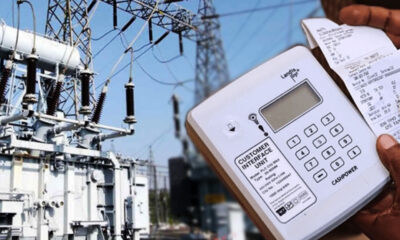

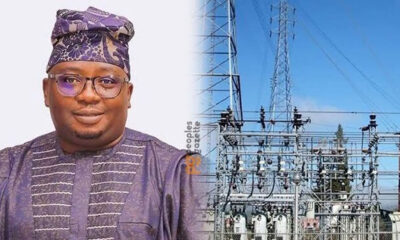

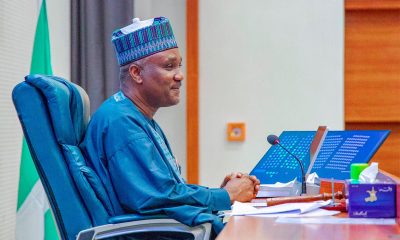


You must be logged in to post a comment Login